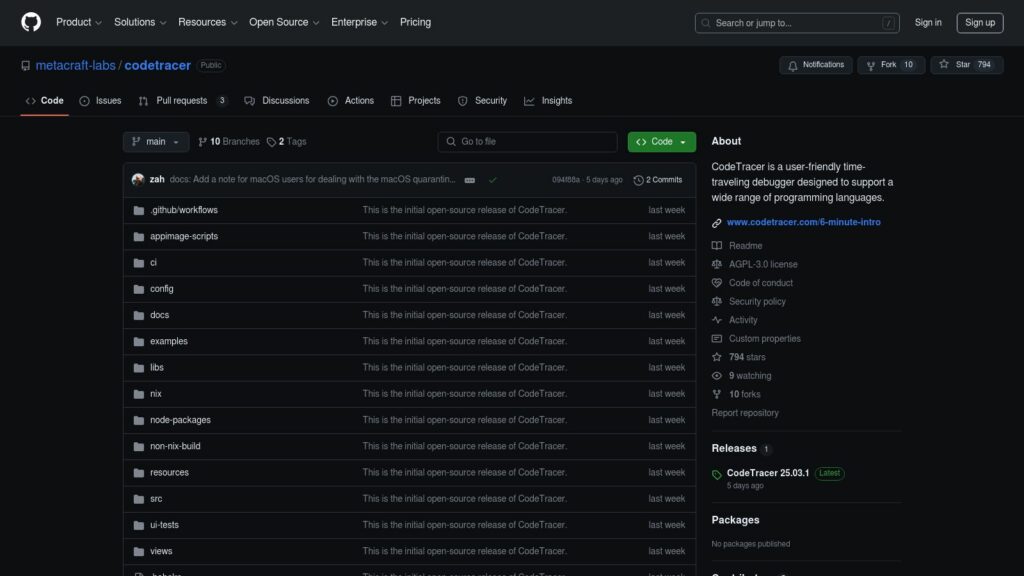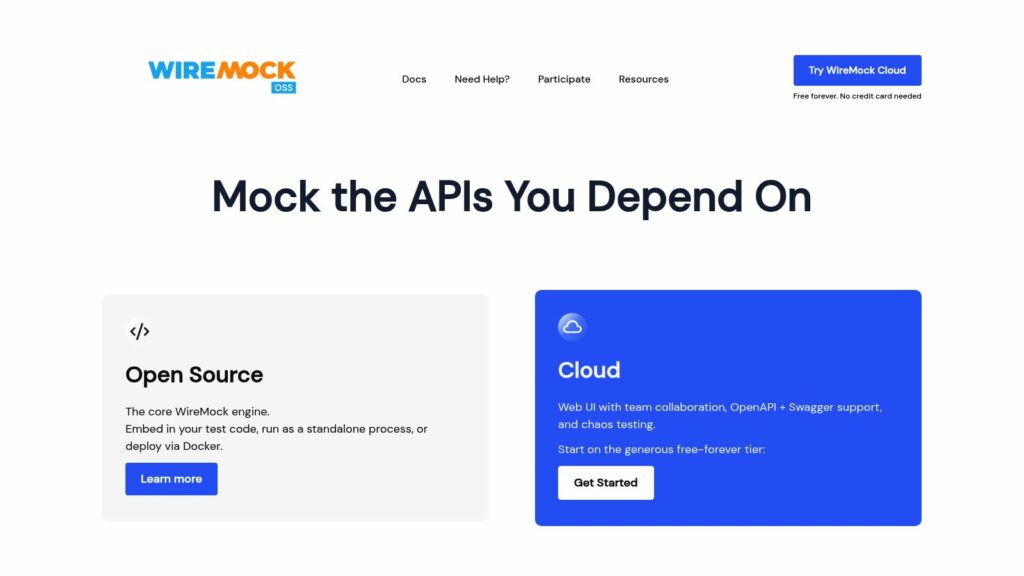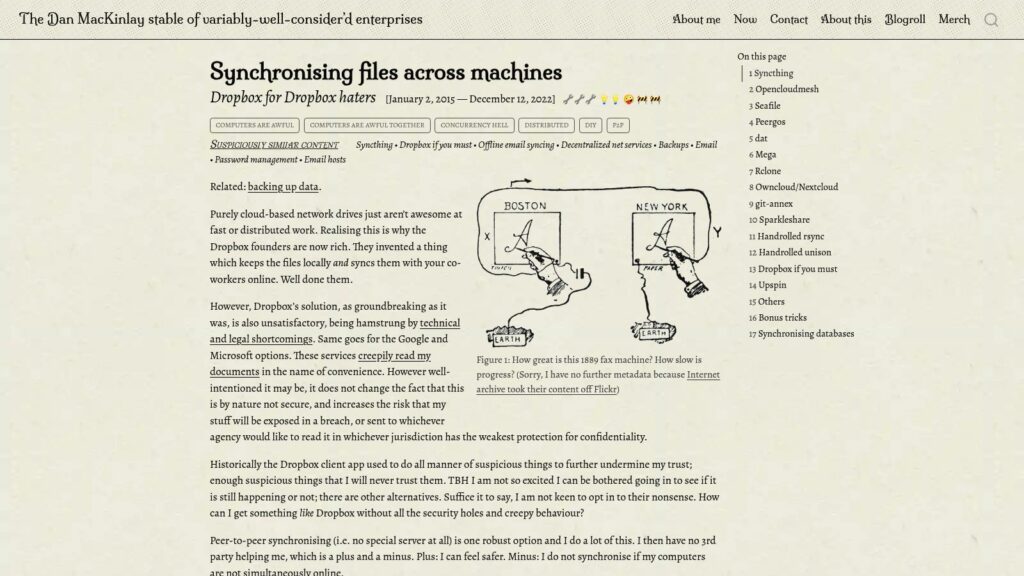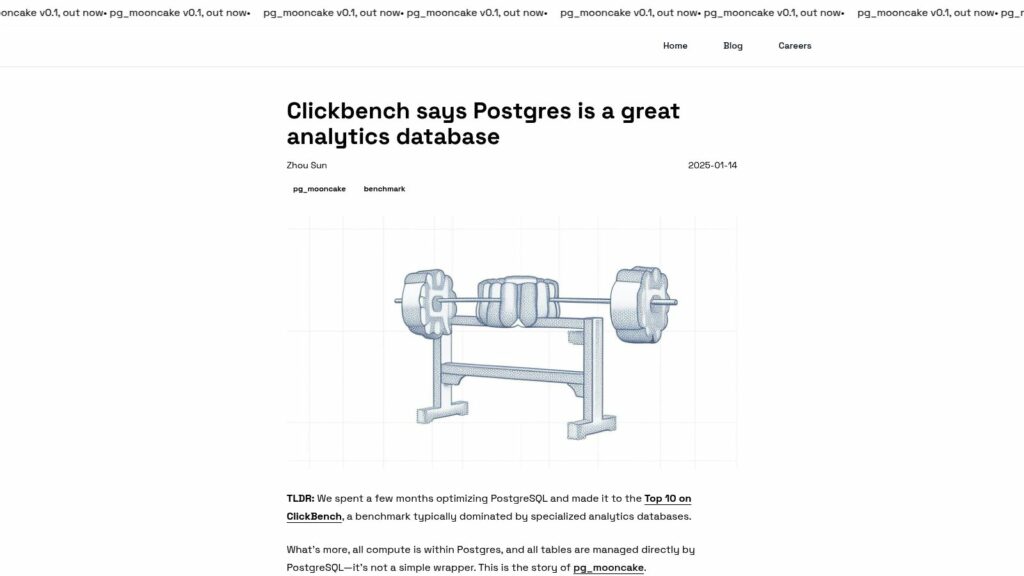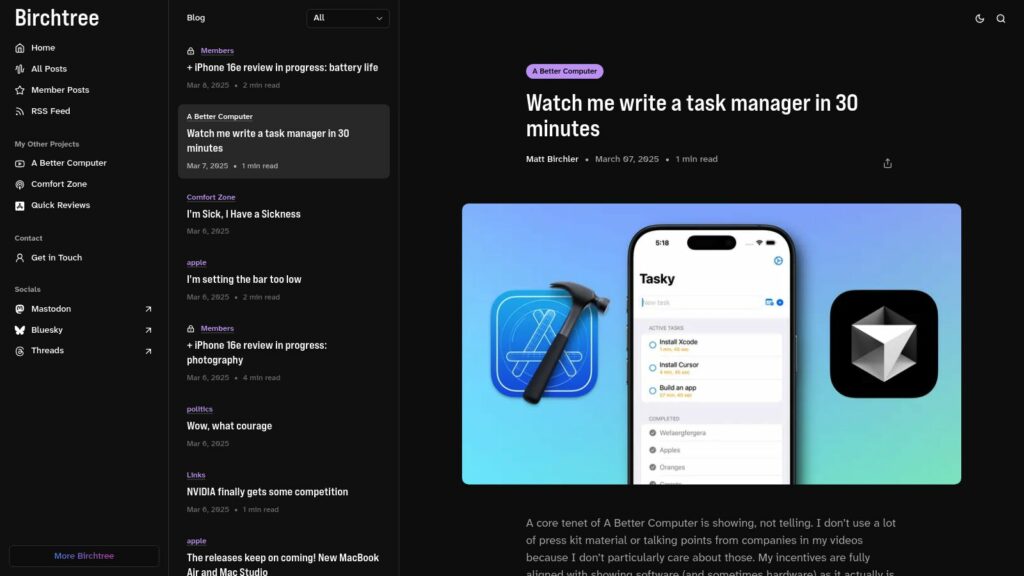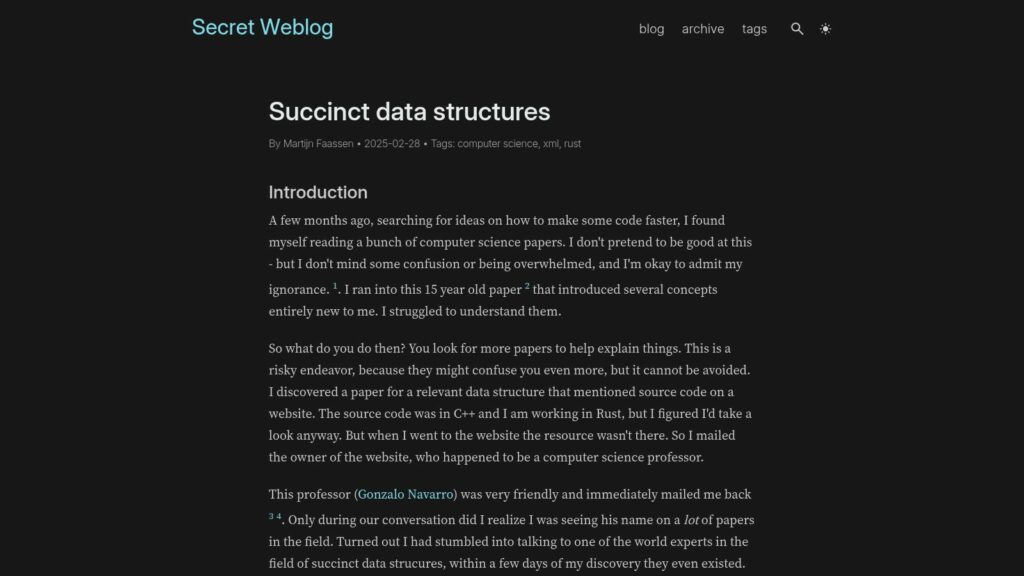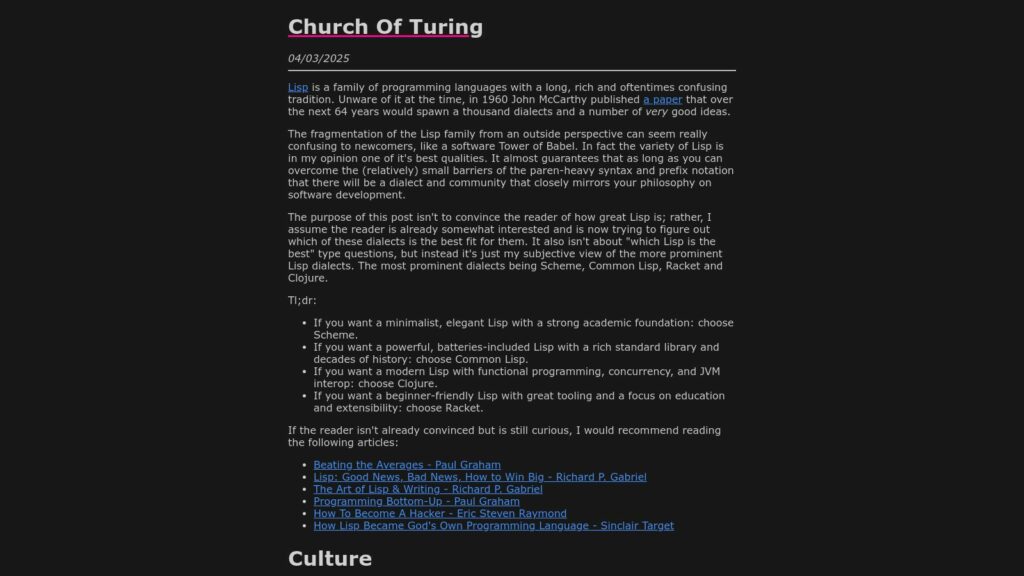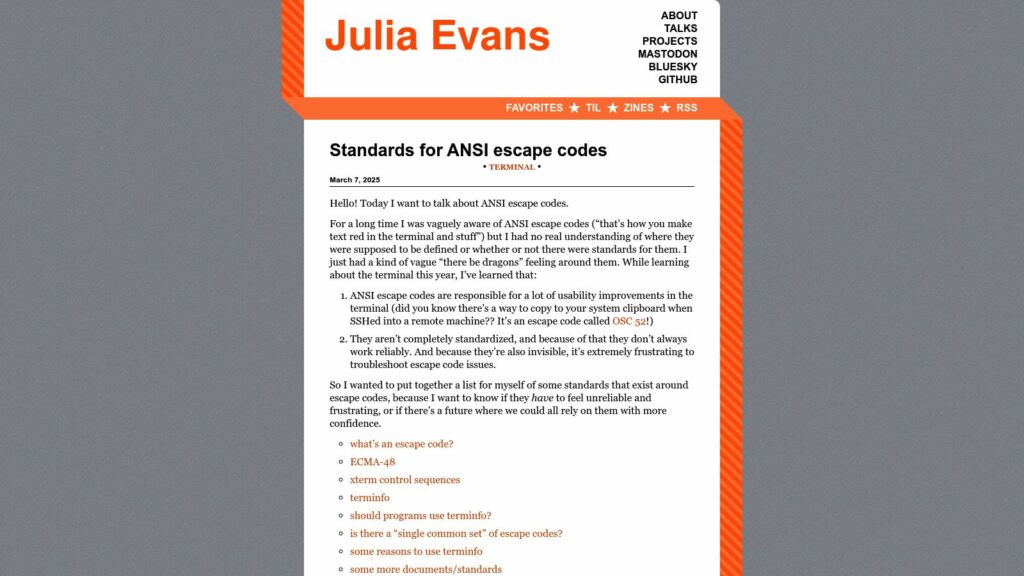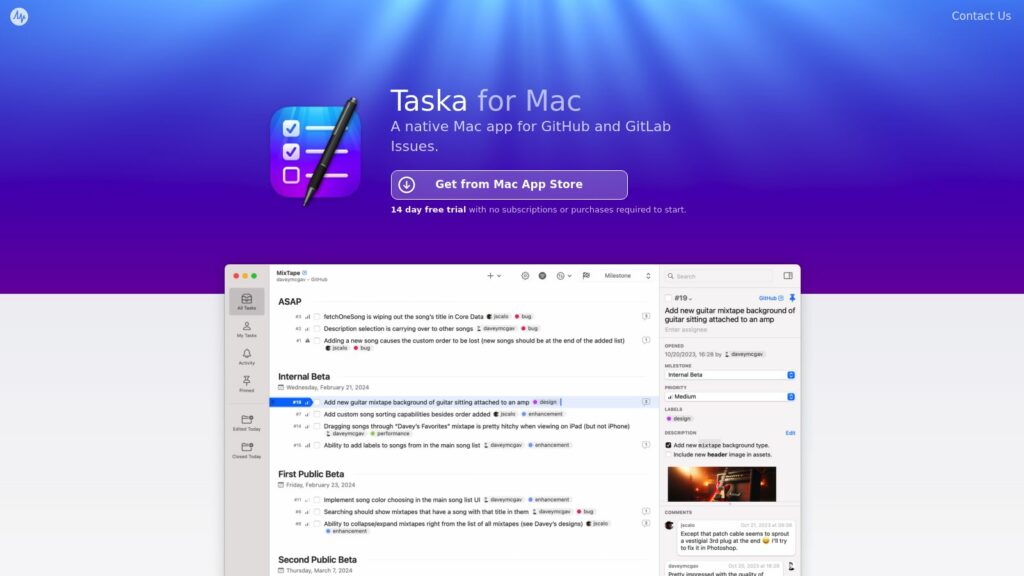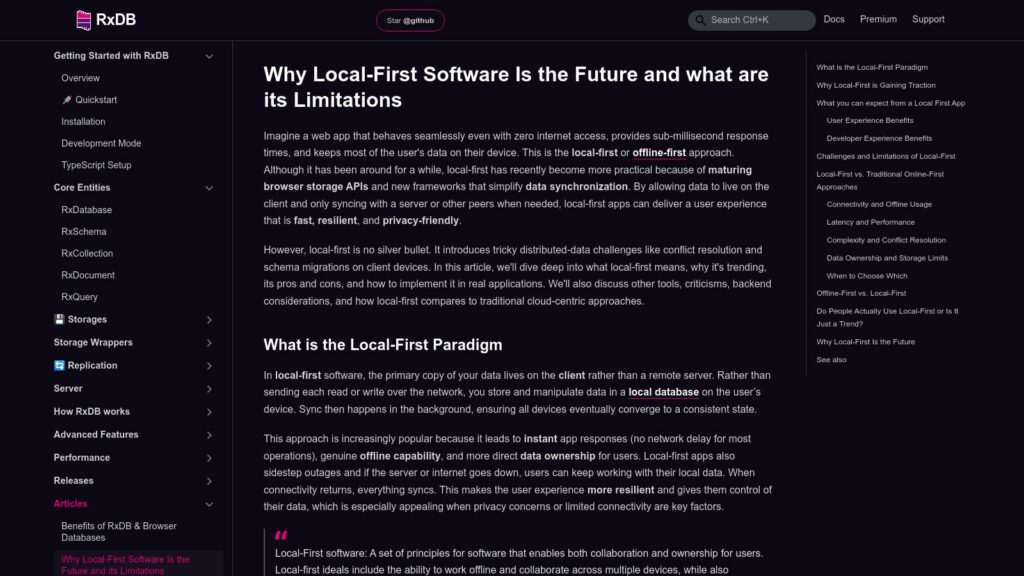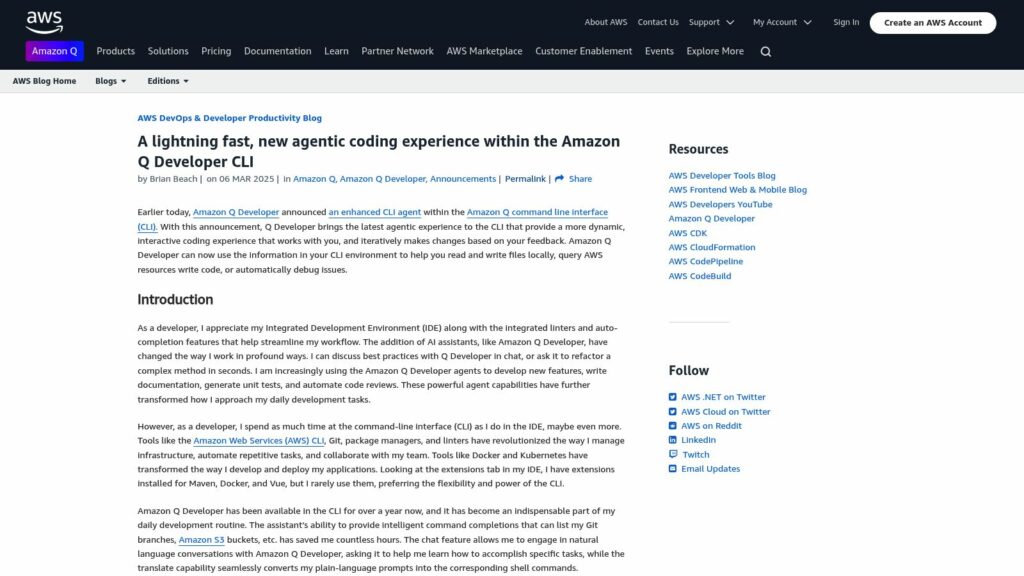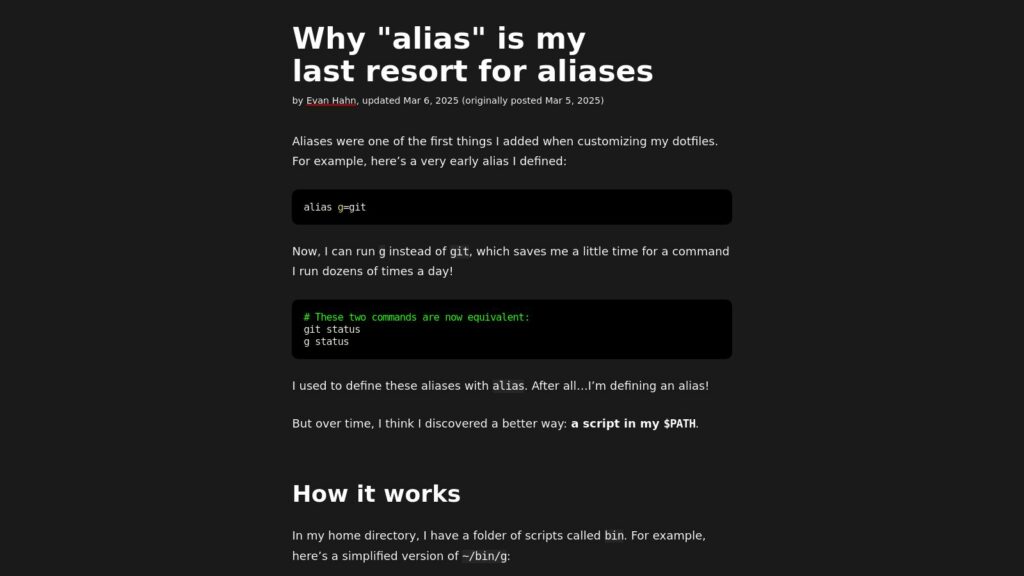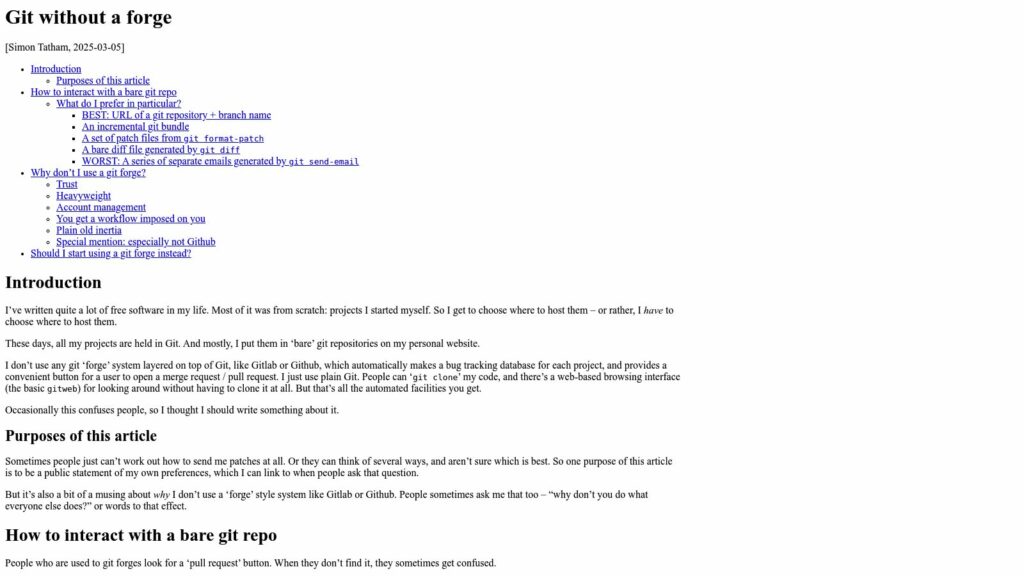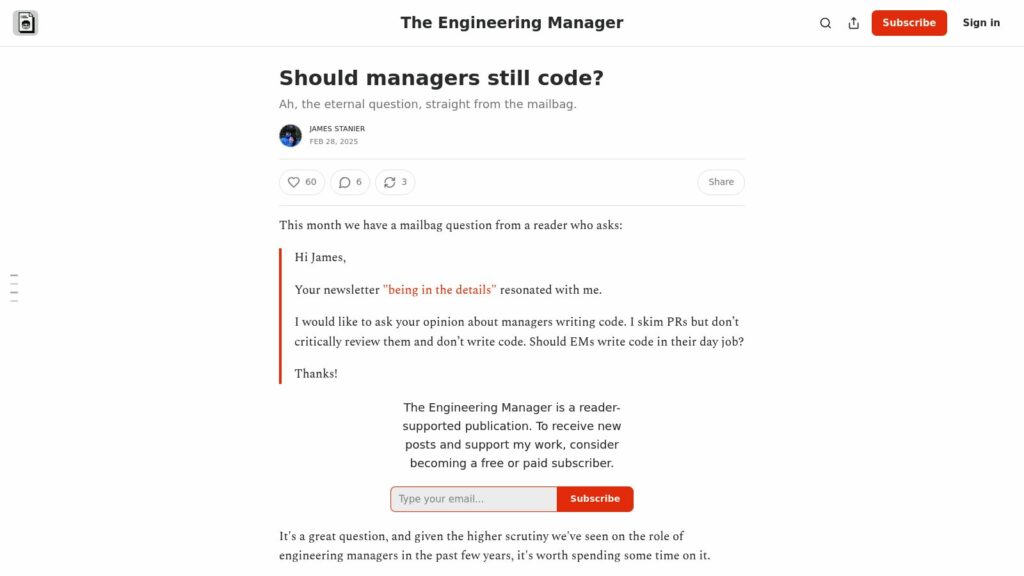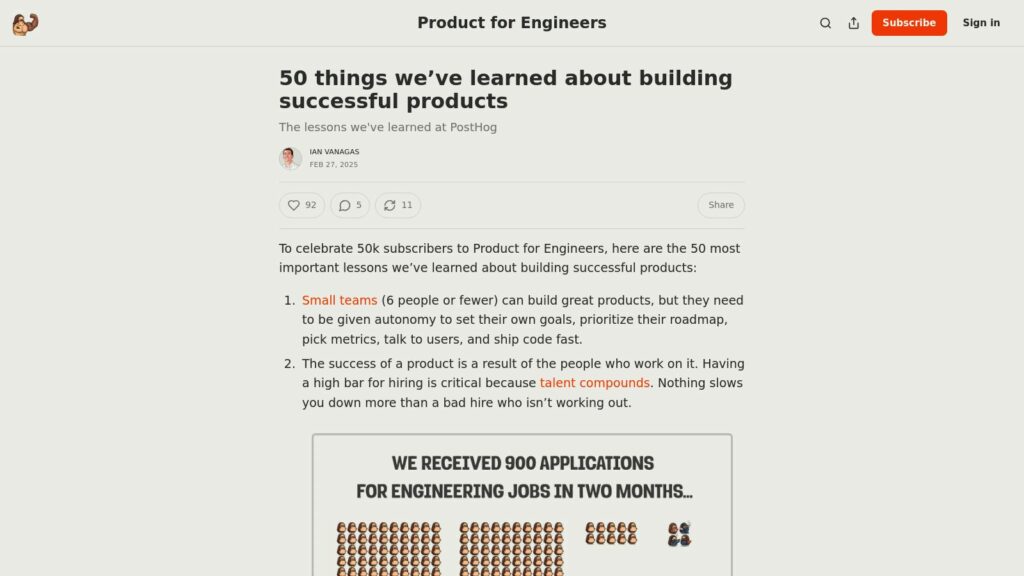GitHub – Metacraft-labs/codetracer: CodeTracer Is a User-friendly Time-traveling Debugger Designed to Support a Wide Range of Programming Languages.
CodeTracer: A user-friendly time-traveling debugger supporting multiple programming languages, capturing execution traces for enhanced bug tracking and debugging. Features include omniscience for viewing all variable states, tracepoints for adding code without recompilation, comprehensive call traces, and a history explorer. It targets Web3 development, collaborating with major foundations for future enhancements, and aims to support various smart contract programming languages by 2025.

